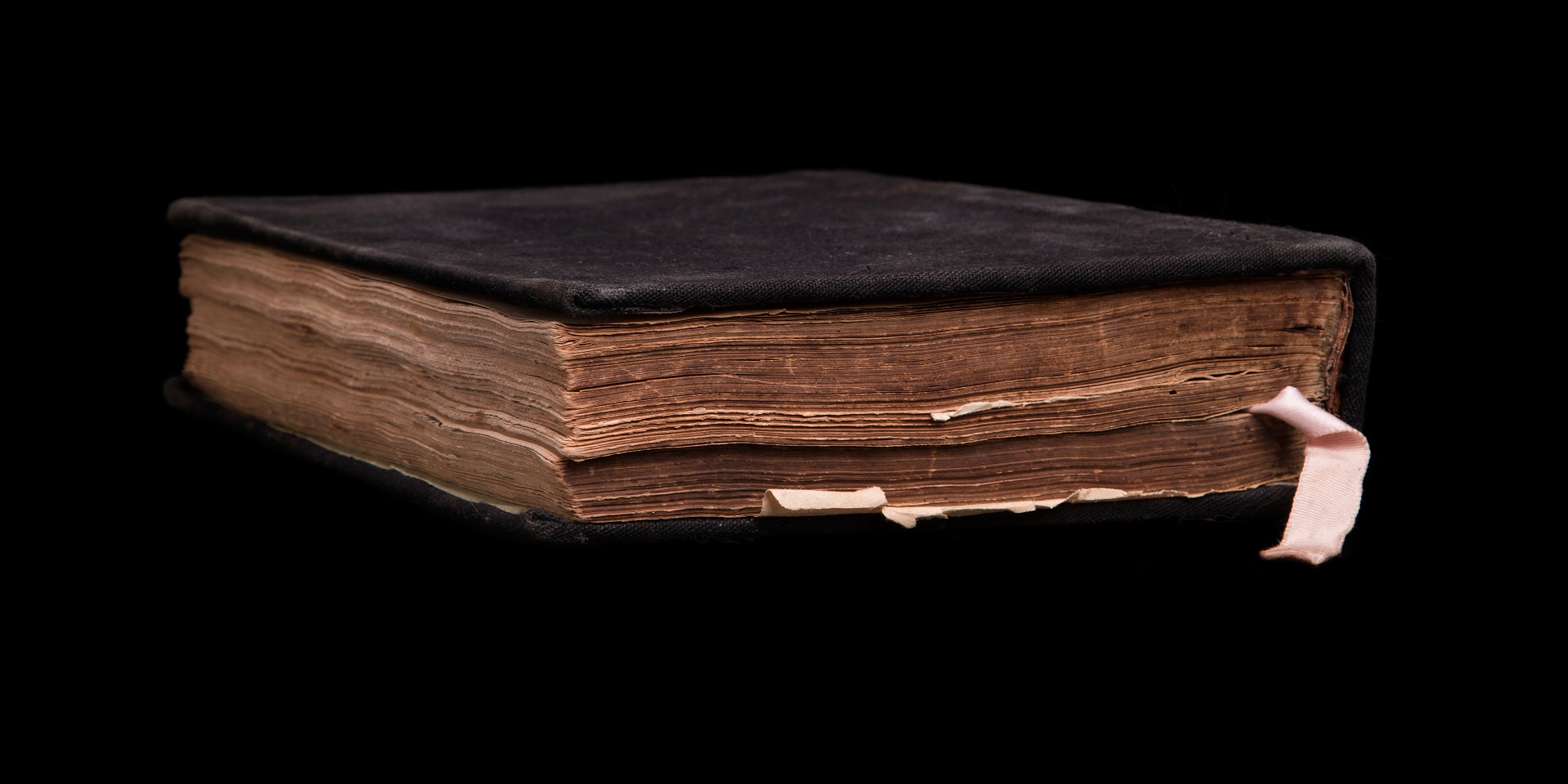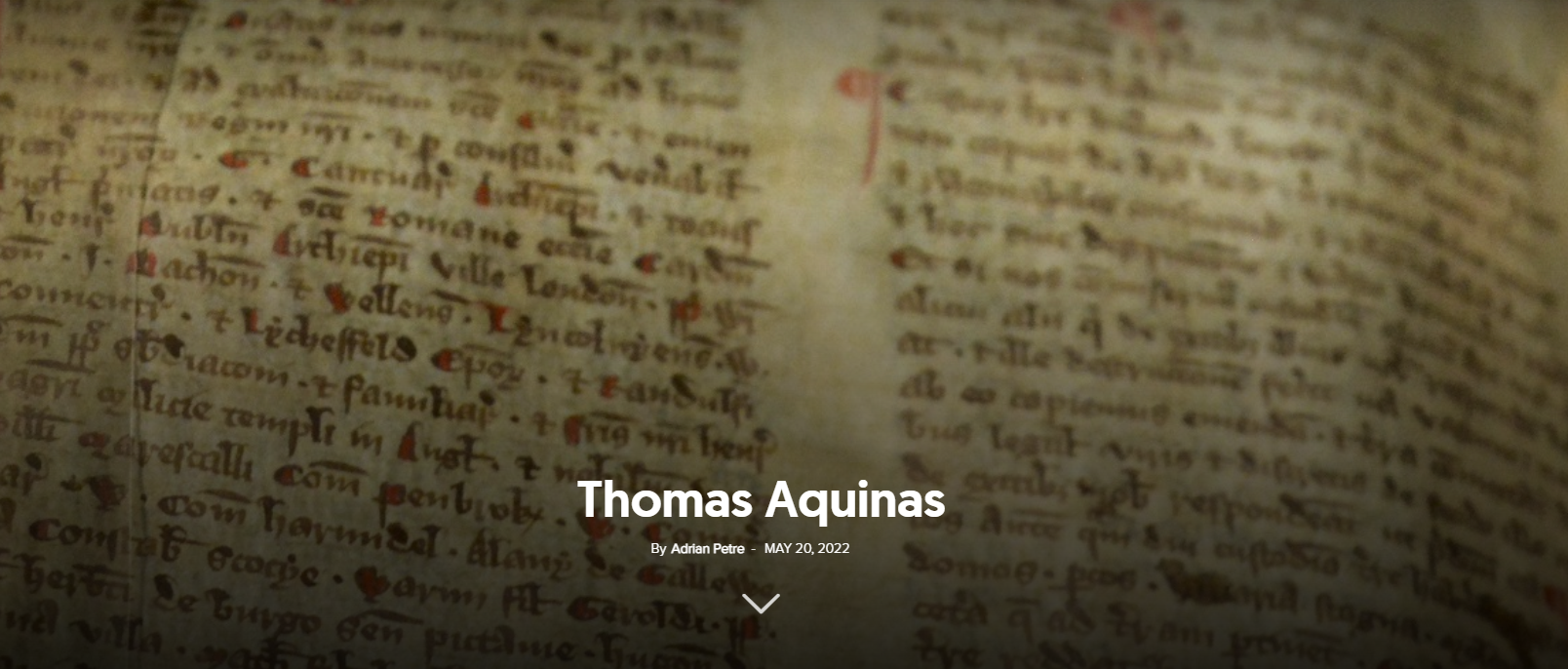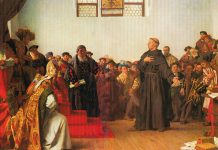Almost 500 years have passed since the 1524 publication of the work that one prominent leader of the 16th-century Protestant Reformation, Andreas Karlstadt, wrote in defence of the Sabbath doctrine.[1] It was the first work on this subject written by a leader of the Reformation.
For most of us, the Protestant Reformation means Luther, Calvin, and their grievances about the pomp and opulence of the Catholic Church. In the ecumenical dialogue of recent years, the idea has been suggested that the differences between Protestants and the leaders of the official church of those times were predominantly emotional and that the main characters were too proud to accept each other.
However, a detailed analysis of history reveals irreconcilable theological positions, heated ideological confrontations, and radically different perspectives on fundamental dogmas, details that seem irrelevant today for the apostles of the unconditional unity of Christianity, but important for those who want to be consistent with historical-biblical reality.
It is no secret that the Protestant Reformation was not a unified and homogeneous development—as was the Catholic theological system, from which the preachers of the Reformation were striving to emerge—but rather a movement of spiritual and religious renewal.
The Reformers were plagued by theological conflicts, dogmatic contradictions, and incredibly steep peaks of understanding. Even if the ideas of some of them were not accepted with the same ease as those of others, they managed to impose themselves in time and become fundamental doctrines of new Christian denominations. The most relevant examples of this kind are the Anabaptists and the Sabbatarians, Christian communities who, unfortunately, were about to find that their desire to remain faithful to the much-praised Sola Scriptura of the Reformation made them enemies of both Catholics and their Protestant brothers and sisters.
While the Anabaptists are not completely forgotten today, the Sabbatarians of the Reformation period are often ignored by church history textbooks. Among those who dared to be different from the general current of the Reformation were Karlstadt, Glait, and Eossy, believers who tried to promote the idea of Sabbatarianism from the beginning of the 16th century despite the double opposition mentioned above.
Biographical landmarks
Andreas Rudolff-Bodenstein von Karlstadt, better known as Andreas Karlstadt (sometimes spelled Carlstadt), was named after the town where he was born. He was a contemporary of Luther, studied at the University of Erfurt, then at the Thomist University of Cologne. From there he went to the University of Wittenberg, where he became Doctor of Theology in 1510, and finally completed his studies with a law PhD obtained in Rome.
He was appreciated by Luther when he shared his views with him, and the two worked together for a while, but in the end they came to hold different theological positions because of Karlstadt’s categorical decision to be 100% consistent with the text of Scripture. Thus, Karlstadt spoke out against images in churches, renounced priestly vestments, refused to baptise his child at birth, denied the inspiration of the apocryphal books and the papal primacy, wrote against the intercession of saints and even against that of the Virgin Mary.
All these doctrines made some of his contemporaries look at him with suspicion and others with admiration. His theological journey saw the natural ups and downs of the epic of a pioneer, being marked by ideological conflicts and the compromises necessary for reconciliation with both Luther and Zwingli.
Karlstadt had a rather troubled life, finally finding peace when he was called, in 1534, to Basel, where he worked as an Old Testament professor, a rector, and a pastor of the church of St. Peter University. He died during the plague of 1541, helping believers in the city regardless of their denomination, which, again, attracted criticism from some who were close to him.
Andreas Karlstadt and the Sabbath
When he published his work regarding the Sabbath, in 1524, Karlstadt apparently managed to bring more questions than answers into the European religious world. Although there were always groups of Christians who kept the same day of rest as the descendants of Moses or Abraham, they were often associated with the Jews and, almost every time, severely persecuted.
Until then, the day of worship had not been a topic of debate between Protestants and Catholics. Karlstadt never confessed how he came to his discovery, but we can guess that it took shape especially after the debate in Leipzig between him, joined later by Martin Luther, and the famous Catholic professor Johann Eck.
The debate began in June 1519, between Karlstadt and Eck, on the subject of free will, but it seems that Eck’s impressive memory and almost perfect oratorical style tipped the scales in his favour, which led Martin Luther to come on 4 July and personally support the cause of the Reformation.
If until then Luther still dreamed of a possible reform of Catholicism from within and was not convinced that he should break away from the Church of Rome, the debate in Leipzig forever parted the ways of the Reformation and Catholicism. Eck forced the reformer to pronounce himself on delicate matters, such as papal primacy, council authority, or Hussite theology, and thus gained arguments for Luther to be excommunicated and accused of heresy.
For the German reformer, the supreme authority in matters of dogma was the Bible and the Bible only. This was a blow to the authority of church councils, church fathers, and even the pope. Dr. Eck did not know the biblical text as well as Luther did, but he challenged him to prove that Sunday observance had other arguments than the infallible authority of the church and asked him to observe the Sabbath if he wanted to be faithful to the sacred text all the way.[2]
The idea was not new. Thomas Aquinas had stated in the Summa Theologica: “In the New Law the observance of the Lord’s day took the place of the observance of the Sabbath, not by virtue of the precept but by the institution of the Church and the custom of Christian people.”[3]
Although this was not the main topic of the debate, it probably left deep traces in the mind of Karlstadt, who would publish in 1524 his work on the Sabbath and the appointed holidays. The text was written in German and republished in Augsburg, Strasbourg, and Konstanz, indicating that the subject was quite popular at the time.[4]
The book was no surprise to those who were familiar with Karlstadt’s position on the role and importance of the Law in the Christian life. On the other hand, the book should not be considered a definitive treatise on the subject of the weekly day of worship, but rather a challenge for those who want to take the text of the Scriptures seriously and let themselves be carried beyond the security of the positions expressed by Luther and accepted by the German princes.
We cannot ask the reformer to have had the same exact understanding of the subject that the Sabbatarian Anabaptists would later have and for which Oswald Glait would pay with his life in 1546, but we cannot ignore his contribution either.
Karlstadt organically linked the keeping of the Sabbath to faith in Jesus Christ, saying, “the most direct way of celebrating the Sabbath is to understand in a loving manner the abundant glory of Christ. […] Christ is the perfection of the Sabbath.”[5] However, the contrast between his theory about the Sabbath and the habits manifested in his religious life show that Karlstadt “viewed a more careful Sabbath observance as an ideal to strive for, but not a requirement of salvation or of the Christian life”.[6]
Reactions and consequences
Luther reacted harshly to Karlstadt’s ideas about the Law and the Sabbath, saying they were a return to legalism. Luther considered that two of the Ten Commandments had elements related to the ceremonial precepts—the commandment on images and the commandment on the Sabbath.[7] Therefore, in his view, if anyone wanted to keep all the commandments, he also had to be circumcised.
However, five years after the publication of Karlstadt’s work in Moravia, a group of Anabaptists led by Oswald Glait began to observe the Sabbath. There is no direct link between the two events, but it is very possible that they read the book written by Karlstadt, who was one of the best known authors of his time (with respect to dissemination, his writings were surpassed only by Luther’s).
Karlstadt himself would very seldom return to the subject of the Sabbath in his works, which was not one of his major concerns. However, the theme would be developed indirectly by the Anabaptists, who would not only talk about the Sabbath but also begin to keep it, according to their understanding of the Scriptures, going from the idea of an optional spiritual discipline, as in Karlstadt’s case, to that of a moral duty.
Recalling this historic episode shows once again that for the reformers and their generation the greatest challenge was the courage to navigate the uncharted sea of faith and change, without stopping when the shore of security disappeared from the horizon. If we are honest, this courage remains for us too the great challenge.




















